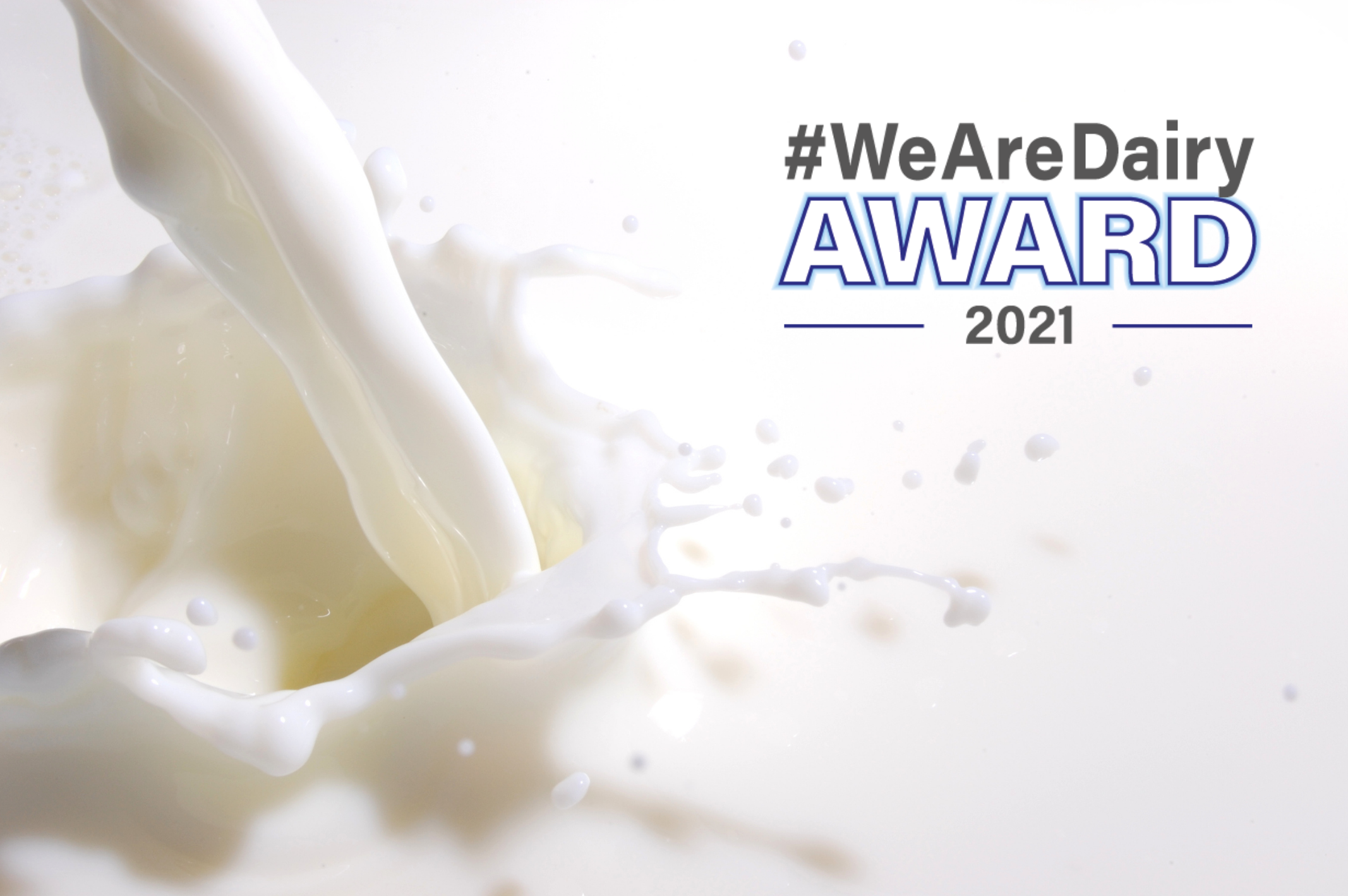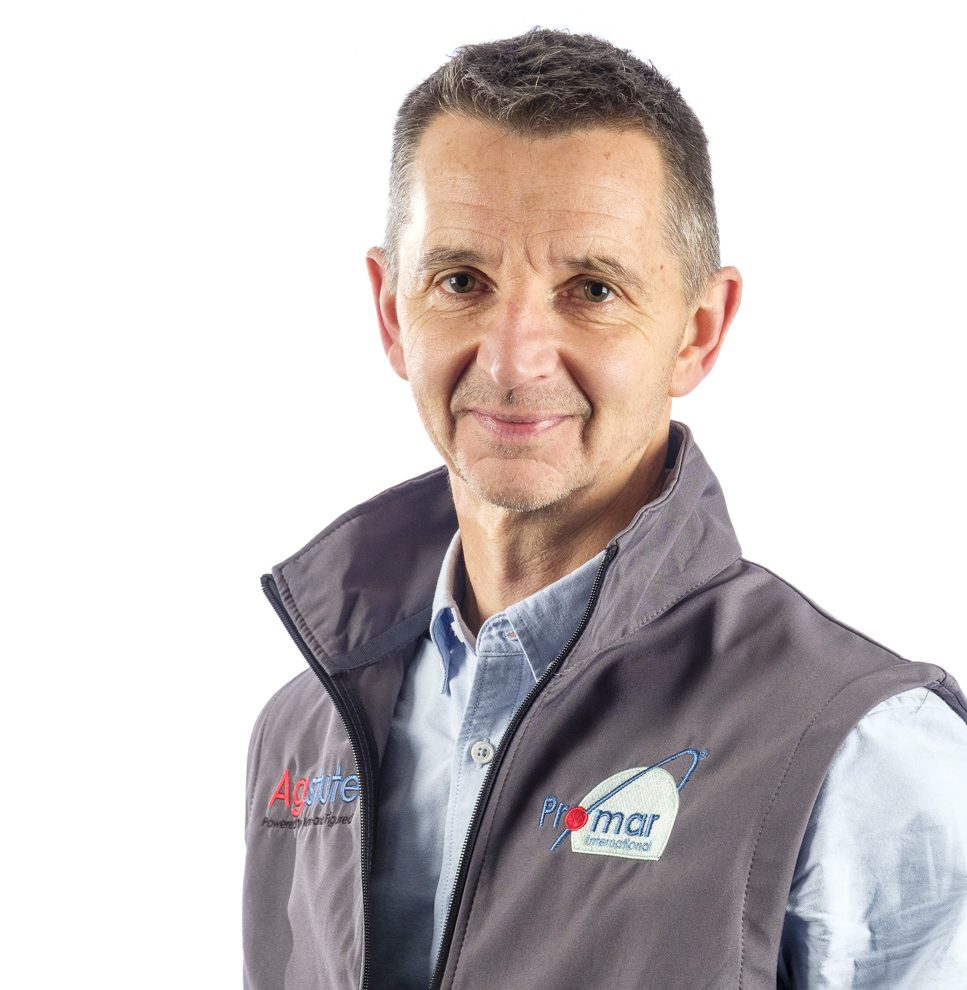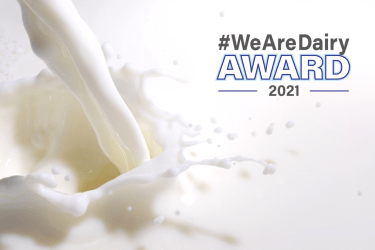By Matt Sheehan
Promar are delighted to be involved in the We Are Dairy initiative with Diversey’s Deosan hygiene brand. We see it as a great opportunity to unearth, recognise, promote and celebrate innovations in sustainable dairy farming practices.
Sustainability and dairy is a complex discussion, but a hugely important one – one that Promar has addressed on many previous occasions and will continue to explore. The dairy sector is a crucial component of the global and UK food system and is getting more efficient and delivering better outcomes all the time. With all farming activities, however, it is under the spotlight more than ever and will need to find ways to further improve its environmental footprint and its contribution to sustainable food production. Given the urgency of the climate crisis, like so many other aspects of the economy and society, it needs to do this quickly and substantially.
Alongside our launch of the We Are Dairy initiative, the Government-sponsored report “The Economics of Biodiversity” by Professor Dasgupta has just been published. The report makes a critical contribution to the debate but sometimes makes for uneasy reading. It brings forward further evidence that humanity’s ecological footprint needs to be radically changed and reduced in the next three decades. It encompasses all sectors but makes clear food and agriculture have a big part to play.
This means all of us involved in agriculture, and feeding the world, will need to do things very differently – starting now. Not by 2030, not even next year, but today. It is hard to imagine a bigger or more essential challenge but it’s one that agriculture must be capable of meeting.
So, what is the link with We Are Dairy?
Very simply, but very relevantly, it is that many of the solutions that global agriculture needs to find will come from the thousands of individual farmers (in our case, in dairy) that are already finding ways to adapt and improve their own farms and their systems. This is achieved through innovating, inventing, experimenting, and with a mindset that embraces sustainability as much as productivity and profitability.
Regenerative Agriculture
One of the themes of the Dasgupta report reflects the regenerative agriculture approach that has obtained prominence recently. The essence of it being to adjust farming practices towards repairing soil health, to sequester carbon and boost biodiversity, whilst also delivering good, sustainable yields with minimal use of chemical inputs. In other words, doing what traditional mixed farming, with its’ closed-loop systems, has done for generations but perhaps with a new and necessary focus.
Regenerative agriculture includes the use of min-till techniques to minimise soil disturbance and the use of cover and companion crops to not leave soils bare or exposed. It delivers significant gains in soil organic matter, which is one of the best ways of absorbing atmospheric carbon and addressing climate change. Not just that, it also boosts the water-absorbing capacity of soil and its micro-organism populations. Not to mention, the fact that it improves a soil’s structure, reduces erosion and ultimately increases its productivity and resilience of the farming system it supports.
I really hope, therefore, that we will see amongst the entrants to the We Are Dairy competition those that are introducing these approaches to their own dairy systems. It will be very exciting to see these in practice, demonstrating greater forage and milk productivity along with the tangible environmental benefits they can bring.
What else are we looking for?
There are many ways farmers are increasing the sustainability of their businesses and sharing best practice will be a phenomenally effective method to demonstrate the practical ways farmers are adapting to these new challenges. Here a few examples of problems and opportunities those in dairy are working on or have resolved:
- Reducing emissions of carbon, ammonia
- Capturing the value of manures
- Reducing the use of plastics and other waste
- Capturing carbon in soils and with forestry
- Improving productivity of animals
- Reduced reliance on imported raw materials with negative environmental impact
- Encouraging bio-diversity and mixed ecology
The We Are Dairy award is your opportunity as a dairy farm owner, manager, employee or dairy farm group to share your farm innovations. Above are a few examples of the areas you might be addressing with your own sustainability improvement agenda and we are sure there will be more.
Your examples will give you the chance to win a prize of $10,000 and in the process, you will be helping to promote the dairy sector.
As one third of the judging panel, it is my aim to showcase the exceptional efforts of the dairy community and relative impact of positive change. To find out more about the competition and to enter, visit www.wearedairy.com






